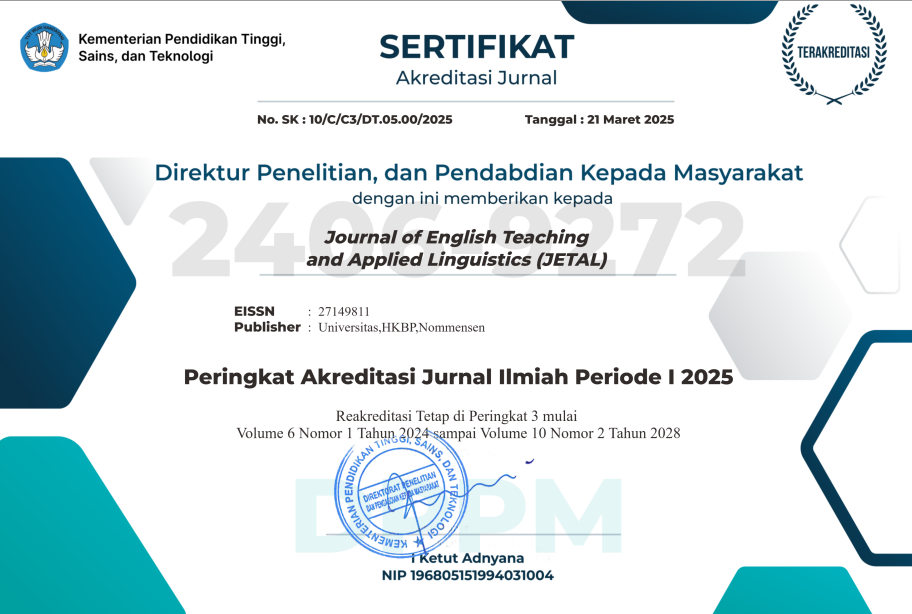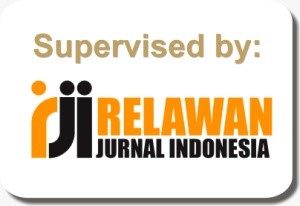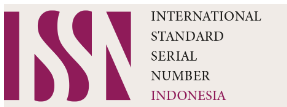Improving Students' Learning Outcomes in Learning English for Special Purposes through The Role-Playing Method
Abstract
STIE Bina Karya students where their learning focus is not on English, but they have to take English for a Specific Purpose as one of the general subjects. Therefore, delivering English for specific purposes material requires an appropriate learning method. This research aims to describe the application of the Role-Playing Method for STIE Bina Karya students. This Class Action Research applied two cycles. The research subjects are 70 students from the first semester who were chosen randomly. This research used tests, questionnaires, and observations in collecting the data. In analyzing the data, the student's correct answer was divided by the number of items and times 100 to get the score. Research results showed that there is an increase in learning outcomes by applying the role-playing method. In the initial test, student learning outcomes is 35.73. Then in cycle I, it increased to 61.14 and increased again to 77.36 in cycle II. Questionnaire data also proved that the Role-Playing method can not only improve student learning outcomes but can also increase students' non-English study program interest in learning English for specific purposes.
References
Ain, R. Q., Nawir, A. R., Andi, M., Ardiana, & Suwarni. (2023). Eltin journal: ELTIN Journal: Journal of English Language Teaching in Indonesia, 11(1), 31–38.
Akmal. (2018). the Effect of Role-Play Method in English Speaking Skill. Journal of Science and Social Research, 1(February), 48–52.
Amalia, R., Asriati, S., & Maharida. (2020). The Use of Role Play Method to Improve Students’ Vocabulary at Junior High School. Jurnal Keguruan Dan Ilmu Pendidikan (JKIP), 7(1), 20–35.
Ayuningtias, D. O., Wulandari, & Yana. (2019). The Use of Role Play to Improve Students’ Speaking Skill. PROJECT (Professional Journal of English Education), 2(3), 416–420.
Gusmuliana, P., Apriani, E., & Syafryadin. (2021). Improving Students Speaking Motivation by Using Role Play Technique at Institute Islamic in Indonesia. Proceedings of the International Conference on Educational Sciences and Teacher Profession (ICETeP 2020), 532(March), 356–361. https://doi.org/10.2991/assehr.k.210227.060
Handayani, R. P., & Noviandari, H. (2018). Pengaruh Konseling Kelompok Pendekatan Analisis Transaksional Teknik Role Playing Terhadap Penurunan Bullying. Pendidikan Budaya Dan Sejarah: “Dibailik Revitasisasi Budaya”. FKIP Universitas PGRI Banyuwangi Seminar Nasional, 62–68. https://doi.org/10.31227/osf.io/62
Haratikka, H., & Sony, R. P. (2022). Edukatif : Jurnal Ilmu Pendidikan Students ’ Anxiety in Presentation. Edukatif: Jurnal Ilmu Pendidikan Volume, 4(6), 8030–8039. https://doi.org/https://doi.org/10.31004/edukatif.v4i6.4274
Hatmoko, J. H. (2015). Survei Minat Dan Motivasi Siswa Putri Terhadap Mata Pelajaran Penjasorkes Di Smk Se-Kota Salatiga Tahun 2013. E-Jurnal Physical Education, Sport, Health and Recreation, 4(4), 1729–1736.
Herlina, U. (2015). Teknik Role Playing dalam Konseling Kelompok. SOSIAL HORIZON: Jurnal Pendidikan SosialJurnal Pendidikan Sosial, 2(1), 94–107.
Hutchinson, T., & Waters, A. (1987). English for Specific Purposes. In Handbook of Research in Second Language Teaching and Learning. Cambridge University Press. https://doi.org/10.4324/9781315716893
Khasanah, K., Yasin, M. F., & Budiana, A. (2022). Improving Student Learning Outcomes Through the Use of Android-Based Media and Learning Motivation. Akademika, 11(01), 83–99. https://doi.org/10.34005/akademika.v11i01.1849
Krebt, D. M. (2017). The Effectiveness of Role Play Techniques in Teaching Speaking for EFL College Students. Journal of Language Teaching and Research, 8(5), 863–870. https://doi.org/10.17507/jltr.0805.04
Mahyuddin, A. (2022). The Application of Problem Based Learning Models to Improve Motivation and Learning Outcomes Materials Analyzing the Size of Single Data Concentration and Student Group Data. Pinisi Journal of Education and Management, 1(1), 79–88.
Manurung, R. M., Silalahi, D. E., & Herman. (2020). Presupposition Analysis on Talk Show Hitam Putih. Multidisciplinary European Academic Journal, 2(4), 8–22.
Rahman, M. (2015). English for Specific Purposes (ESP): A Holistic Review. Universal Journal of Educational Research, 3(1), 24–31. https://doi.org/10.13189/ujer.2015.030104
Rao, P. S. (2019). The Importance of Speaking Skills in English Classrooms. Alford Council of International English & Literature Journal, 2(2), 6–18.
Rianti, W. (2017). Improving Students Learning Outcome of English By Using Role Playing At SDN 022 Rumbio. Journal of English Languange Education, 2(2), 36–47.
Richards, J. C., & Rodgers, T. S. (2001). Approaches and Methods in Language Teaching (Second Edi). Cambridge University Press. https://doi.org/10.36074/logos-28.05.2021.v2.05
Rojiyyah, N. S., Santoso, D., & Murwaningsih, T. (2018). Pengaruh Persepsi Siswa tentang Metode Pembelajaran yang Diterapkan Guru dan Tersedianya Sarana dan Prasarana Pendidikan terhadap Prestasi Belajar. JIKAP: Jurnal Informasi Dan Komunikasi Administrasi Perkantoran, 2(5), 1–14.
Russell, C., & Shepherd, J. (2010). Online Role-Play Environments for Higher Education. British Journal of Educational Technology, 41(6), 992–1002. https://doi.org/10.1111/j.1467-8535.2009.01048.x
Sianturi, R. L., & Sipayung, K. T. (2023). An Analysis of Teachers ’ Insight Towards Student. Jurnal Scientia, 12(1), 75–81.
Sipayung, K., & Pangaribuan, T. (2019). Developing Teaching Materials on English for Specific Purpose on Tourism Program of HKBP Grade Eleven. Asian EFL Journal, 23(6.3), 94–106. https://www.researchgate.net/profile/Khadijah-Maming/publication/329625974_The_Asian_EFL_Journal/links/5c12766c299bf139c756b1d3/The-Asian-EFL-Journal.pdf
Songbatumis, A. M. (2017). Challenges in Teaching English Faced by English Teachers at MTsN Taliwang, Indonesia. Journal of Foreign Languange Teaching and Learning, 2(2), 54–67. https://doi.org/10.18196/ftl.2223
Suryani, L. (2015). The Effectiveness of Role Play in Teaching Speaking. ELTIN Journal, 3(2), 106–109.
Toding, R. W., Yahrif, M., & Sirajuddin, S. (2021). Using Unscripted Role-Play Teaching Activity To Improve Students’ Speaking Ability. Professional Journal of English Education, 4(6), 1057–1066.
Vân, P. T. T., Tiên, C. T. C., & Khang, N. D. (2022). The Effectiveness of Role-Play Techniques in Improving English as a Foreign Language Learners’ Speaking Skills. Specialusis Ugdymas / Special Education, 1(43), 2522–2534.
Authors retain copyright and grant the journal right of first publication with the work simultaneously licensed under a Creative Commons Attribution-ShareAlike 4.0 International License (CC BY-SA 4.0) that allows others to share the work with an acknowledgment of the work's authorship and initial publication in this journal.
Authors are able to enter into separate, additional contractual arrangements for the non-exclusive distribution of the journal's published version of the work (e.g., post it to an institutional repository or publish it in a book), with an acknowledgment of its initial publication in this journal.
Authors are permitted and encouraged to post their work online (e.g., in institutional repositories or on their website) prior to and during the submission process, as it can lead to productive exchanges, as well as earlier and greater citation of published work (See The Effect of Open Access).






